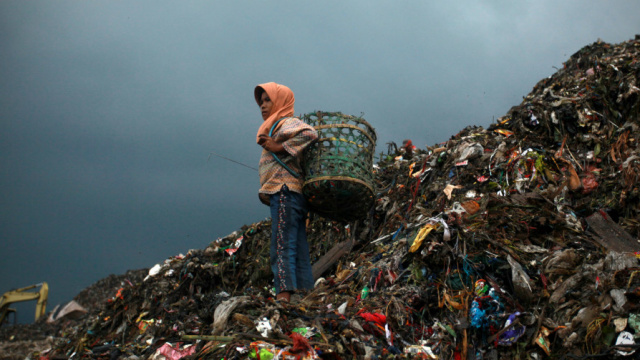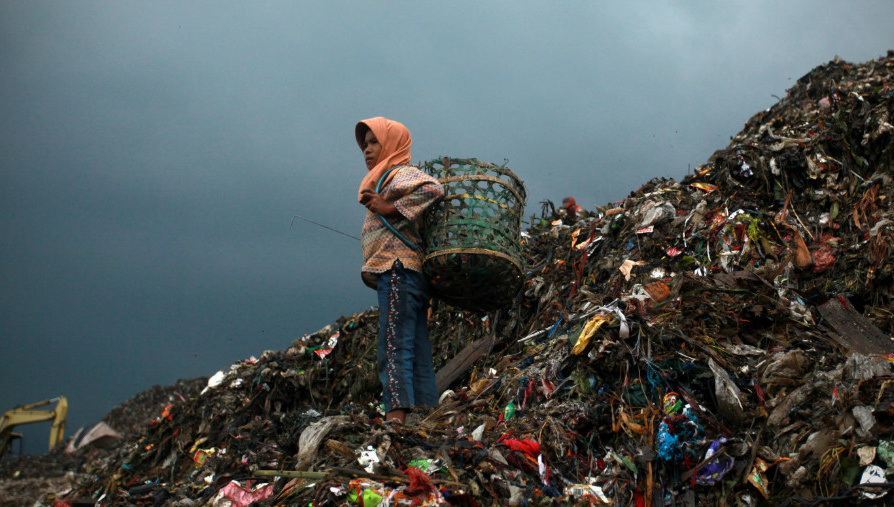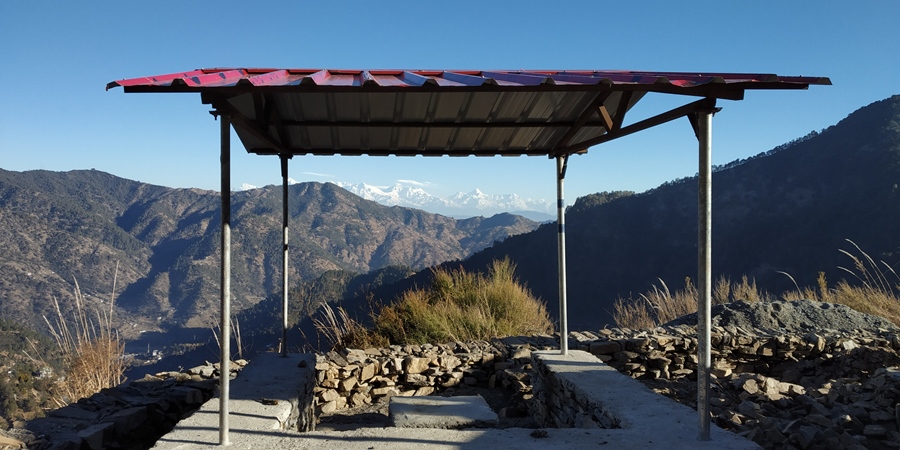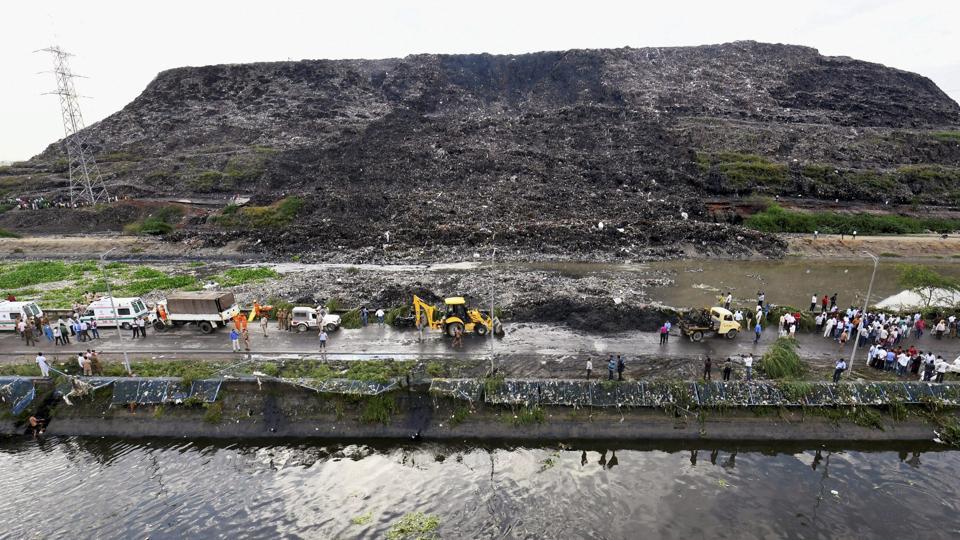Mindless consumption patterns and the lack of recycling mechanisms have made our developmental models unsustainable in the long run. How can we revive the culture of recycling beyond the popular rhetoric?
Mayank Singh is a researcher working on Global Environmental Movement based in Pune.
In the contemporary times the word ‘recycle’ has become quite fashionable and something that is trendy for those who want to conserve natural or limited resources. However, what we must understand here is that even though we see the word finding currency in the contemporary world and being employed in large scale civil society bodies, environment related groups or by individuals who are aware about the global environmental crisis- nevertheless, the act of recycling as an intrinsic component of day to day living has been there in our cultural practices for centuries.

This means that although we may not have been aware of the technicalities of the process or how this simple gesture may impact consumption patterns across the globe, we continued to practice it in our homes quite effortlessly. In simple village communities where inhabitants are closer to nature, we witness how the different parts of the tree whether it is the bark, the roots, the leaves, the fruits or even the branches are put to use.
From the construction of houses and basic furniture, to healing and medicine, to cooking and agriculture no part of a natural resource seems to get wasted or get seen as a waste product. In hunting communities for example, the flesh, the coat, the bones, the teeth and even the hair of the animal are all effectively utilised. This orientation towards using and reusing the resource and not quickly delegating something as a wastage adds a special importance to the way traditional communities have dealt with resources they have borrowed from nature.
When we were kids and went back to our ancestral homes we found this idea of recycling to be an integral component of the household. Surrounded by lush green coconut trees, we saw that while the coconut fruit was used at different stages for culinary purposes, the leaves were shaped into house-cleaning brooms and the husk of the fruit as a fuel and so on and so forth. Even clothes were not discarded once the owner stopped fitting into them and were instead preserved for the use of the younger sibling. Utensils and blankets were passed on from one generation to the other and carried memories of a time that had long gone by.
When the conception of recycling had yet not become an urban and sophisticated idealism limiting itself to paper or clothes, it indeed used to be the effortless philosophy of life itself. Today as we call ourselves a technologically advanced society we see how dangerously we are filling the world with all sorts of waste comprised of plastics, metals, toxic gases and chemicals and a plethora of other substances which are unsustainable and non-biodegradable. We discard our gadgets too quickly for advanced versions, we litter with plastics, we dispose clothes, utensils, gadgets and other consumption items without wanting to repair and replenish them for further usage.
This mindless consumption and the lack of knowledge about how the same object can be used over and over again have indeed turned the world into a dump yard in many ways. While we may have forgotten the art of sharing and sustainable living, this attitude will certainly bring us closer to trouble in the coming times. Something critical in our attitude towards recycling must undergo change and it should become the natural way of living our lives.
ALSO READ : Devastating Impact of Plastic and Looking for Sustainable Alternatives
The New Leam has no external source of funding. For retaining its uniqueness, its high quality, its distinctive philosophy we wish to reduce the degree of dependence on corporate funding. We believe that if individuals like you come forward and SUPPORT THIS ENDEAVOR can make the magazine self-reliant in a very innovative way.












